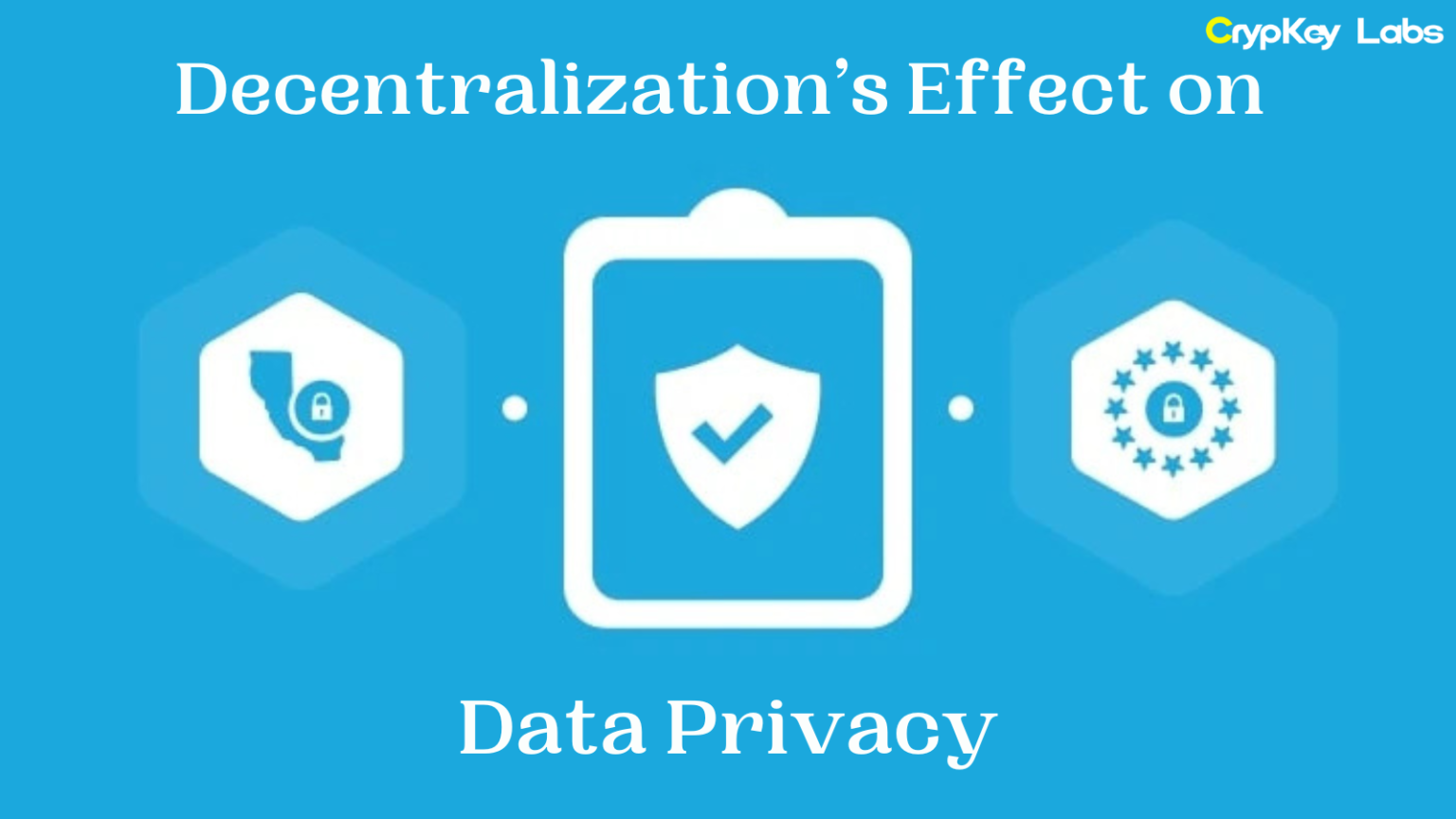In today’s digital world, where personal data is constantly being generated, shared, and stored, privacy concerns are at an all-time high. Every time we use a service, make an online purchase, or browse social media, data is gathered and stored. Often, we trust centralized organizations to handle this data responsibly, but many users are becoming increasingly wary of data breaches, misuse, and privacy invasion. As more people seek control over their personal information, decentralization emerges as a promising approach. But can decentralization truly transform data privacy for the better? This blog explores the impact of decentralization on data privacy and what it could mean for the future of our digital lives.
Understanding Decentralization: A Shift in Data Control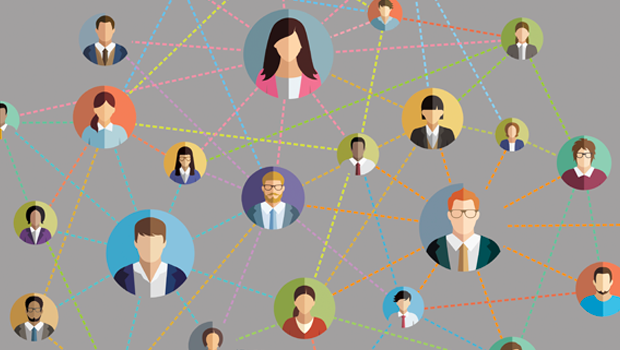
To understand how decentralization can influence privacy, let’s first define it. Decentralization refers to a shift from a single, central authority to a distributed network where data is stored and controlled by multiple participants rather than a central body. In a decentralized system, data isn’t stored in a single database owned by a single entity. Instead, it’s spread across a network, with each participant owning their piece of the puzzle. This structure inherently reduces the risks tied to centralized control and single points of failure, bringing enhanced security and privacy.
Examples of decentralized systems include blockchain networks, peer-to-peer sharing networks, and decentralized finance (DeFi) platforms. These networks not only improve security but also promise users more control over their own data, reducing the dependency on large, centralized organizations.
Current Data Privacy Issues in Centralized Systems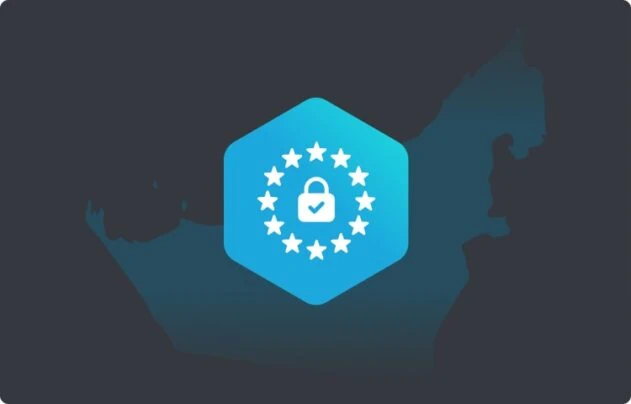
While centralization has benefits, such as streamlined access and management, it poses significant privacy concerns. Centralized systems tend to rely on a single server or database controlled by an entity, creating several privacy-related vulnerabilities:
- Data Breaches: When sensitive data is stored in one place, it becomes a target for hackers. Centralized databases have been subject to massive breaches, compromising millions of personal records.
- Third-Party Access and Surveillance: Centralized systems allow organizations to collect, analyze, and even sell personal data, often without users’ full knowledge. This raises concerns about user autonomy and privacy.
- Government Surveillance: Centralized systems are vulnerable to governmental intervention, allowing agencies to access user data or monitor activity, often without sufficient transparency.
These issues underscore the potential benefits of a decentralized approach, where data is not easily accessible from a single point of control.
How Decentralization Improves Data Privacy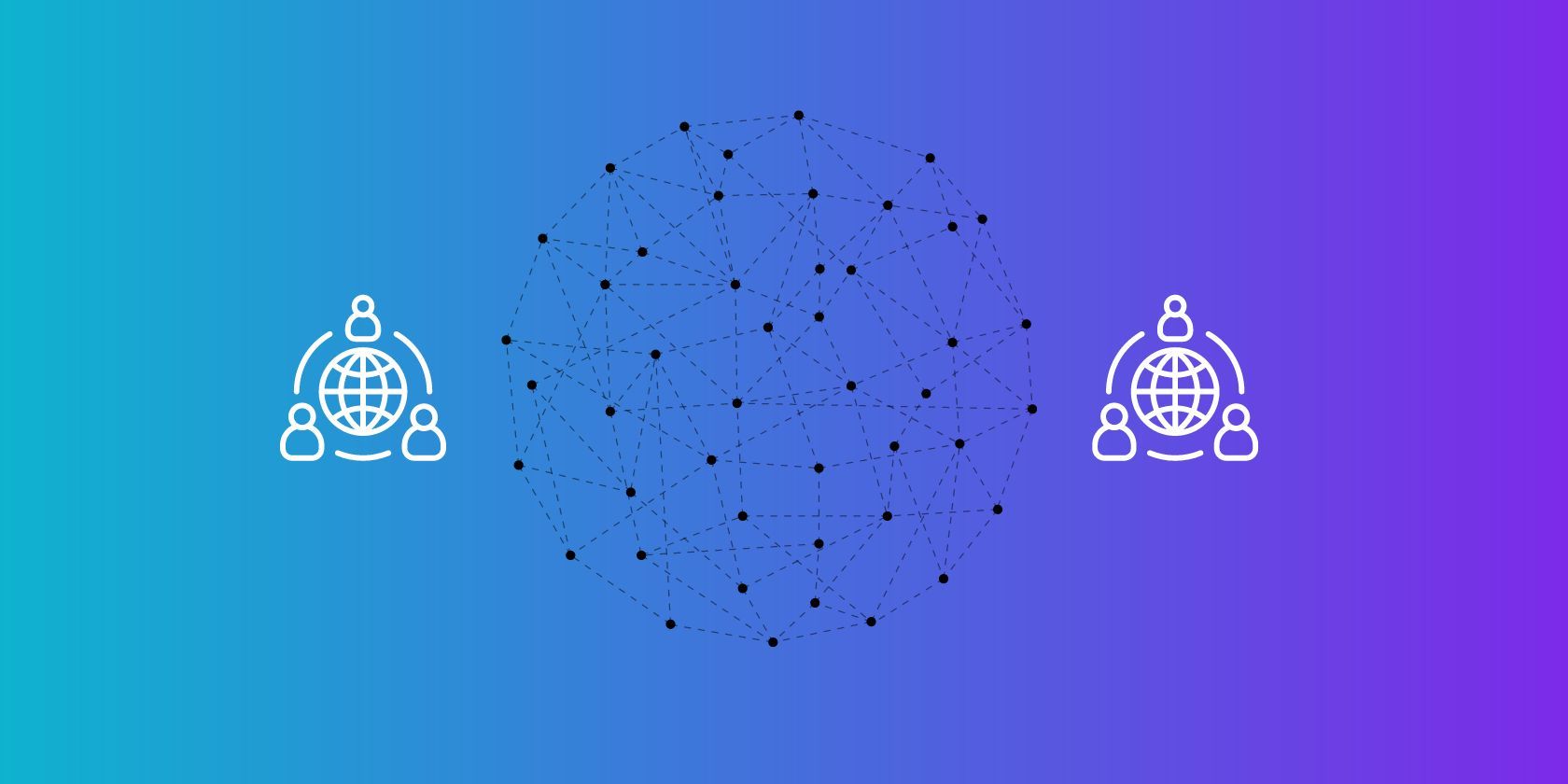
As concerns grow around data privacy in centralized systems, decentralization presents a new model where individuals regain control. Here’s how:
Data Ownership and Control
One of the most powerful aspects of decentralization is that it gives users control over their own data. In decentralized networks, individuals can decide what data to share, with whom, and for how long. This reduces the risks of unauthorized data access and strengthens users’ autonomy over their personal information.
Reduced Single Points of Failure
Centralized systems create single points of failure that, if compromised, can lead to widespread breaches. In contrast, decentralized systems distribute data across multiple nodes, making it nearly impossible for hackers to compromise the entire network. This distributed nature greatly enhances data security and reliability.
Limited Third-Party Interference
Since decentralized networks do not rely on a single governing body, there is less need for intermediaries. The absence of middlemen means that fewer entities handle user data, limiting privacy risks associated with third-party misuse. In decentralized networks, user data is encrypted and secured through distributed consensus mechanisms, making unauthorized access difficult.
Real-World Applications: Decentralization in Action
Decentralized data management isn’t just theoretical—it’s being applied in real-world settings to safeguard user privacy and data security. Here are some notable examples:
Blockchain and Cryptocurrencies
Blockchain, the underlying technology behind cryptocurrencies like Bitcoin, offers a decentralized and immutable ledger for recording transactions. It, ensures transparency while protecting individual identities, as transactions are pseudonymous. This feature is a critical example of how decentralization can balance transparency with privacy.
Decentralized Storage Solutions
Traditional cloud storage systems are vulnerable to data breaches and misuse, but decentralized storage networks like IPFS (InterPlanetary File System) and Filecoin offer a safer alternative.
Decentralized Identity Management
Decentralized identity (DID) systems enable users to create and control their digital identities without relying on centralized authorities. By giving users ownership of their identities, DIDs limit exposure to data collection, reduce identity theft risk, and enhance privacy.
Challenges to Achieving Privacy Through Decentralization
While decentralization holds promise for improving privacy, it also faces several challenges:
Technical and Security Concerns
Decentralized networks are complex to design and maintain. They require advanced cryptographic techniques, secure consensus mechanisms, and robust infrastructure. Ensuring data privacy across decentralized networks involves addressing these technical complexities, which can be challenging for developers and users alike.
User Adoption and Awareness
Despite the benefits of decentralization, mainstream adoption remains limited. Many users are unfamiliar with how decentralized networks work or may find them complex to navigate. Greater user education and simplified interfaces are essential to promoting widespread adoption.
Regulatory and Legal Hurdles
Privacy laws vary globally, and decentralized systems sometimes clash with existing regulations, such as data localization and right-to-be-forgotten mandates. Compliance with privacy regulations like GDPR is often challenging in a decentralized environment, requiring innovation to bridge regulatory gaps.
The Future of Data Privacy with Decentralization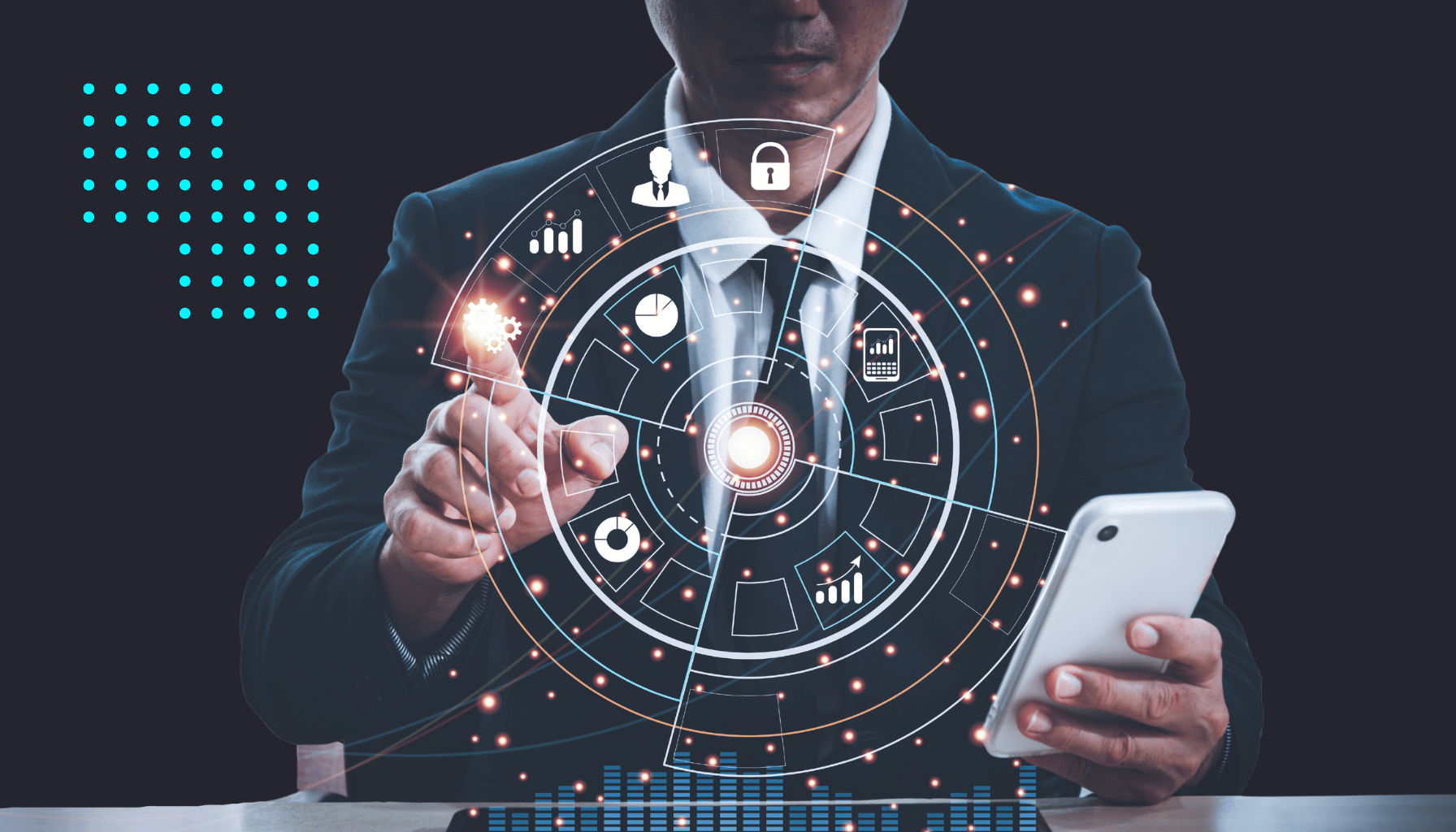
The future of data privacy could very well be shaped by decentralization. Emerging technologies like zero-knowledge proofs (which allow users to prove information without revealing details) and privacy-centric blockchain protocols are paving the way for decentralized privacy solutions. The rise of Web3, a new version of the internet that emphasizes user ownership, transparency, and privacy, further supports the adoption of decentralized systems in securing user data.
As technology continues to evolve, so will the potential for decentralized systems to secure data privacy. Many see Web3 as a critical step in creating a safer, privacy-centric digital environment.
Conclusion
In an age where digital privacy is a significant concern, decentralization offers a compelling path forward. By returning data control to users, reducing single points of failure, and limiting third-party access, decentralization could dramatically improve data privacy. As more people become aware of these benefits, decentralized networks may reshape how we store, share, and protect data. The journey towards a more secure and private internet is still unfolding, but decentralization is proving to be a promising foundation for the future of data privacy.

